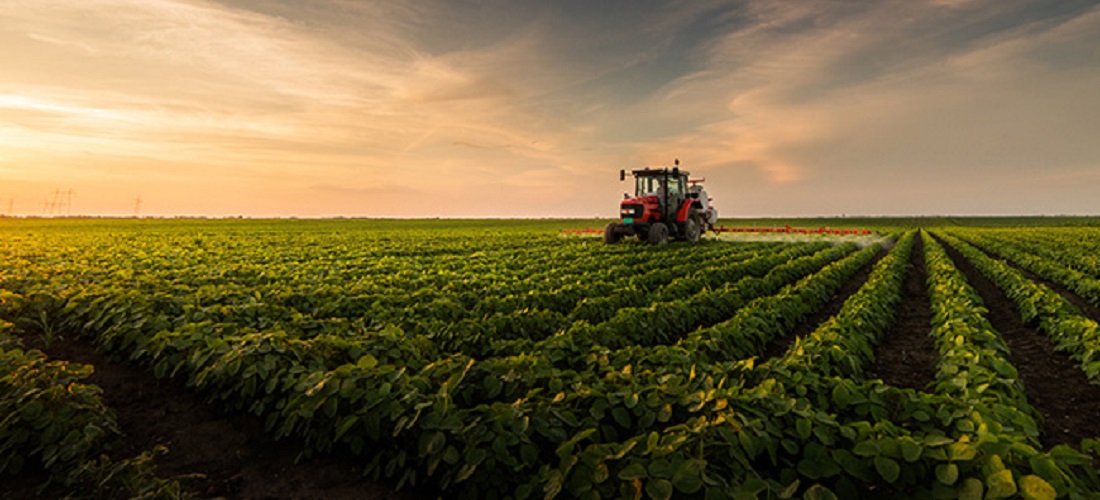
Argentina takes lead in delivering deforestation-free soybeans to EU
Mar, 01, 2024 Posted by Gabriel MalheirosWeek 202409
Argentina has taken the lead in the race to deliver deforestation-free soybeans to the European Union. In recent weeks, the Argentines have sent three soymeal shipments via the Visec platform, each with fully traceable data. By the second semester, the entire soybean chain in the country will utilize the platform.
Argentinian exporters have shipped 46,000 tonnes of soybean meal from over 570 production units. The trading companies Bunge, Viterra, and LDC conducted the shipments, which are still pilot operations within the platform.
Visec was developed to gather the entire soybean chain in Argentina, covering 68,000 farmers, in a single platform to meet European requirements. The strategy aims to reduce the cost of traceability for the sector.
The operations carried out so far are undergoing final adjustments in the software, according to Gustavo Idigoras, president of the Chamber of Vegetable Oil Industry of Argentina (CIARA). “Starting in April, we will upload satellite images of the more than 60,000 producers, which we will review annually to verify compliance with European rules and Argentine forest protection laws,” he said. The plan, he added, is to ensure access to all stakeholders in the chain by the end of the first semester.
Visec will be accessible to importers and outside auditors, who will issue certificates attesting to the conformity of shipments with European regulations, which prohibit imports of several commodities produced in areas deforested after 2021. European authorities themselves may also have access to the platform, Idigoras reported.
The platform can also trace soybeans that have been supplied indirectly through intermediaries such as cooperatives. According to Idigoras, the application protects the confidentiality of producer data by only disclosing satellite images of properties and whether or not deforestation occurred. In case of verified deforestation, the system automatically blocks the commercialization of soybeans.
The tool was developed by CIARA, The Nature Conservancy (TNC), and the Tropical Forest Alliance (TFA), with support from the Land Innovation Fund, backed by Cargill and managed by Chemonics International.
The focus of the platform is the Gran Chaco. The biome, present throughout the southern cone of South America, especially in Argentina and Paraguay, has lost 14 million hectares of native vegetation cover in the last 40 years.
Argentina is the first country among major agro-exporters to create a solution to meet the EU’s anti-deforestation rule, which will take effect on December 30. In Brazil, solutions developed so far are private, says André Nassar, president of the Brazilian Association of Vegetable Oil Industries (Abiove).
Despite the difference, he does not see Visec giving Argentina a “competitive advantage” over Brazil. “Here, companies are more prepared, especially since they have to comply with the Soy Moratorium,” which requires tracking soybeans from the Amazon, Nassar recalls.
However, the biggest traceability challenge in Brazil lies in the Cerrado, where legally permissible deforestation areas still exist, especially in Matopiba (the convergence of Maranhão, Tocantins, Piauí, and Bahia), which channels soybeans to all ports in the country, both in the Center-South and Northern Arc.
In Argentina, Gran Chaco-produced soybeans are not exported through the same ports as those from other regions. Visec was also developed to trace beef and leather transactions. The plan is to make the software available by the end of the year.
According to Nassar, the soybean chain in Brazil is moving toward the logic of “export corridors,” with trading companies committing terminals to receive only shipments that comply with EU regulations.
In the United States, soybean traceability solutions to meet EU standards are also expected to differ for each company. Recently, ADM shipped 64,000 tonnes of fully traceable American soybeans to Europe. The trading company conducted tracing via the International Sustainability & Carbon Certification (ISCC), developed by European authorities.
Source: Globo Rural
Click here to read the original text: https://globorural.globo.com/especiais/fazenda-sustentavel/noticia/2024/03/argentina-ja-exporta-farelo-de-soja-rastreavel-para-a-ue.ghtml
-
Ports and Terminals
Jun, 01, 2022
0
Port of Itapoá follows expansion works schedule
-
DW 2019 EN
Aug, 12, 2019
0
DatamarWeek 13 August 2019
-
Ports and Terminals
May, 24, 2023
0
VLI kickstarts rail yard works in Aracruz Port
-
Steel and Aluminium
Oct, 27, 2022
0
Brazilian hot-rolled steel may enter US with no surtax


